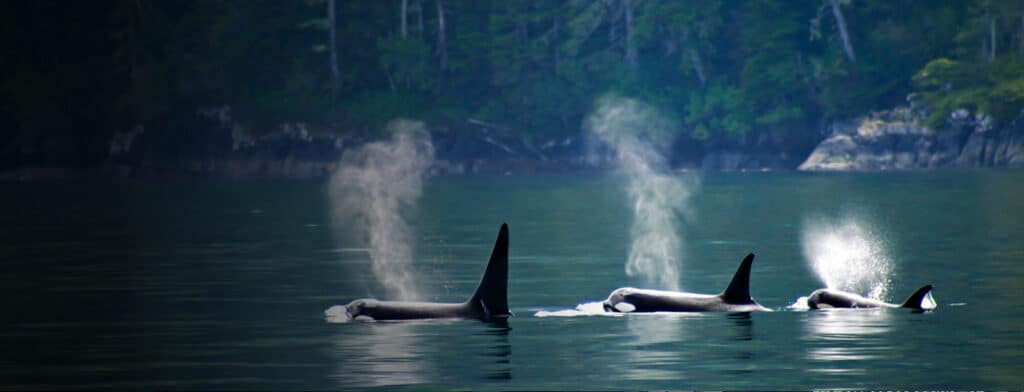
Blog
Search
Issues
Projects
-
Trump is exploiting a crisis to industrialize our oceans
The federal government continues to take full advantage of an unprecedented time for America to push forward controversial and shameful corporate agendas.
-
Remembering Arlie Schardt
Arlie W. Schardt, a pioneering voice for the environment and witness to some of the most seminal events in American history as a Time magazine correspondent traveling with Martin Luther King while cov…
-
Why $77 billion a year in public finance for oil, gas, and coal is even worse than it sounds
The headline finding is that from 2016 to 2018 G20 countries provided an average of USD $77 billion a year in public finance for fossil fuels.
-
Remembering S. David Freeman, the ‘green cowboy’
Dave was a giant in the fight against climate change and nuclear power. His lasting legacy will be the green energy “seeds” he planted across the country and the communities that are safer from hi…
-
Three ways to support a resilient and just food system during the COVID-19 pandemic
As farmers face the new crisis of the pandemic, we must come together to demand that federal stimulus funding and future farm policies support small and mid-scale farmers across the country who are…
-
In Crisis, Learning from Ecologies of Care
As we face this crisis, there are important lessons we can learn to build the future we want to see as we recover. One of those lessons should be that transforming our relationship with the natural wo…
-
Trump’s Securities and Exchange Commission is trying to gut investor advocacy
While most Americans are sheltering in place, homeschooling their kids, or finding ways to support their neighbors through the coronavirus crisis, the Securities and Exchange Commission seems to be ta…
-
We need our tropical forests more than ever
Our violent disregard for biodiversity and our own part in the web of life has generated a perfect storm of global proportions. When the world returns to normal – if the world returns to normal –…
-
Feeling helpless? How you can help people, not polluters during the coronavirus
Thousands are sick and people are dying. Millions are out of work and wondering how they will feed their families and pay rent. And instead of focusing on providing relief to everyday Americans, the T…